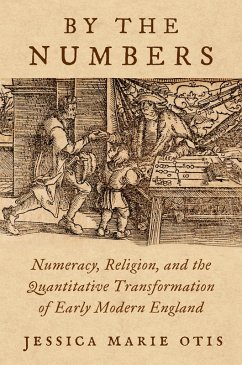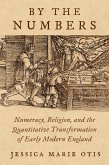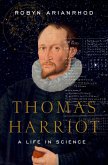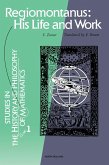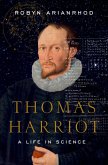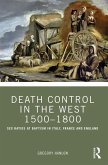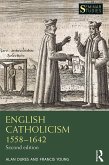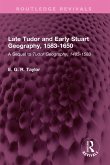During the sixteenth and seventeenth centuries, English numerical practices underwent a complex transformation with wide-ranging impacts on English society. At the beginning of the early modern period, English men and women believed that God had made humans universally numerate, although numbers were not central to their everyday lives. Over the next two centuries, rising literacy rates and the increasing availability of printed books revolutionized modes of arithmetical practice and education. Ordinary English people began to use numbers and quantification to explain abstract phenomena as diverse as the relativity of time, the probability of chance events, and the constitution of human populations. These changes reflected their participation in broader early modern European cultural and intellectual developments such as the Reformation and the Scientific Revolution. By the eighteenth century, English men and women still believed they lived in a world made by God, but it was also a world made--and made understandable--by numbers.
Dieser Download kann aus rechtlichen Gründen nur mit Rechnungsadresse in A, B, BG, CY, CZ, D, DK, EW, E, FIN, F, GR, HR, H, IRL, I, LT, L, LR, M, NL, PL, P, R, S, SLO, SK ausgeliefert werden.

